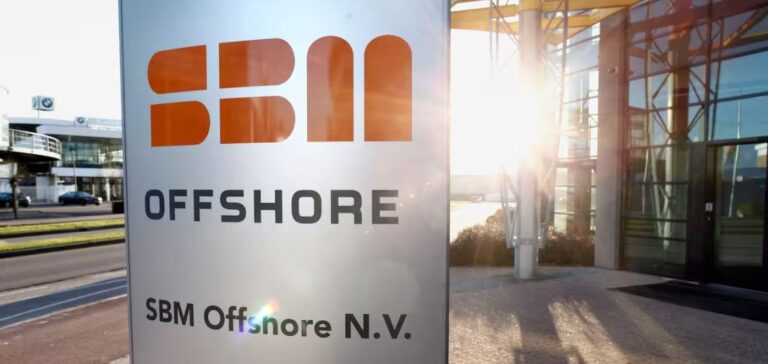Dutch company SBM Offshore, specialised in deepwater ocean infrastructure, has signed an unsecured revolving credit facility agreement worth USD1.1bn with a group of thirteen international banks. This new credit line replaces a previous USD1bn facility initially scheduled to expire in February 2026. The agreement has a five-year term, with two one-year extension options, and includes an uncommitted option to increase the facility by an additional USD500mn.
A strategic tool for capital management
According to SBM Offshore, this facility represents a key pillar of its financing strategy, enabling coverage of general liquidity needs and working capital requirements during the construction of floating production solutions. The agreement also includes a dedicated USD100mn tranche for eligible green projects, based on criteria defined with financial partners.
Banking support and international reach
The success of the syndication reflects, according to the company, the continued support it receives from financial institutions worldwide. This renewed confidence comes as offshore energy sector companies seek to secure long-term liquidity to stabilise their project portfolios.
Headquartered in Amsterdam, SBM Offshore designs, builds and operates floating facilities for offshore hydrocarbon production. The company employs over 7,800 people worldwide, across various engineering, construction and operational centres.






















